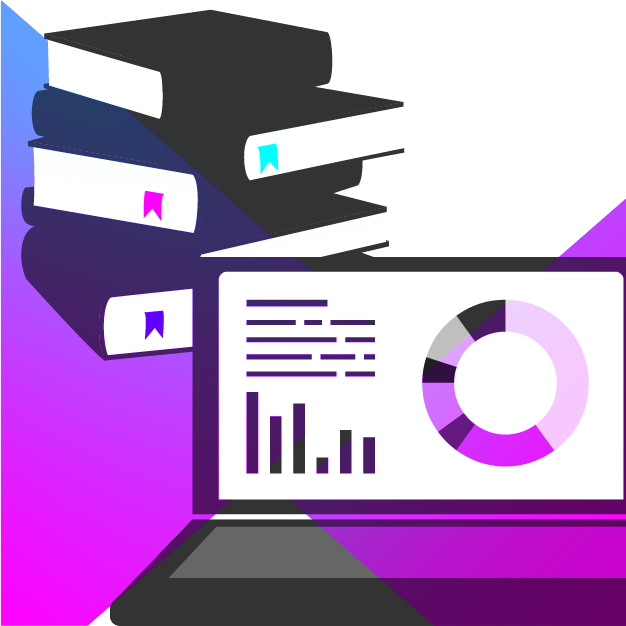This website use cookies to ensure you get the best experience on our website
21st Century European Teachers: reports

This page offers reports and resources from the 21st Century European Teacher project (XXI-TEACH-EU), funded by Erasmus+. The project explores how teachers can develop teaching in emerging areas—Technological Empowerment, Sustainable Learning, Entrepreneurship, and Playful Learning—in response to societal changes like climate change and digital transformation.
This report maps the frameworks, priorities, and challenges in both initial teacher education (ITE) and continuous professional development (CPD) across Denmark, Finland, Italy, Romania, and Spain.It highlights shared goals, including pedagogical innovation, digital competence, and sustainable learning, alongside persistent challenges. Country-specific insights reveal diverse approaches and underscore the value of cross-national collaboration. The findings provide guidance for policies and reforms to strengthen teachers’ capacity in 21st-century classrooms
This research report introduces the four central themes of the 21st Century European Teachers Project and the role of international mobility as a springboard for meaningful advancements in teacher education. The research also offers a summary of the results of a two-steps study conducted across five European countries – Denmark, Finland, Italy, Romania and Spain.
Discover how European teachers in Denmark, Finland, Italy, Romania, and Spain are transforming education in the 21st Century European Teachers Project! This initiative explores innovative approaches to teaching in response to major societal changes like climate change and digital advancements. This eBook provides an engaging look at case studies and findings from a participatory research methodology involving educators and educational managers. Learn about the benefits of international mobility and collaborative learning in enhancing teachers' skills and knowledge.

Funded by the European Union. Views and opinions expressed are however those of the author(s) only and do not necessarily reflect those of the European Union or European Education and Culture Executive Agency (EACEA). Neither the European Union nor the granting authority can be held responsible for them.